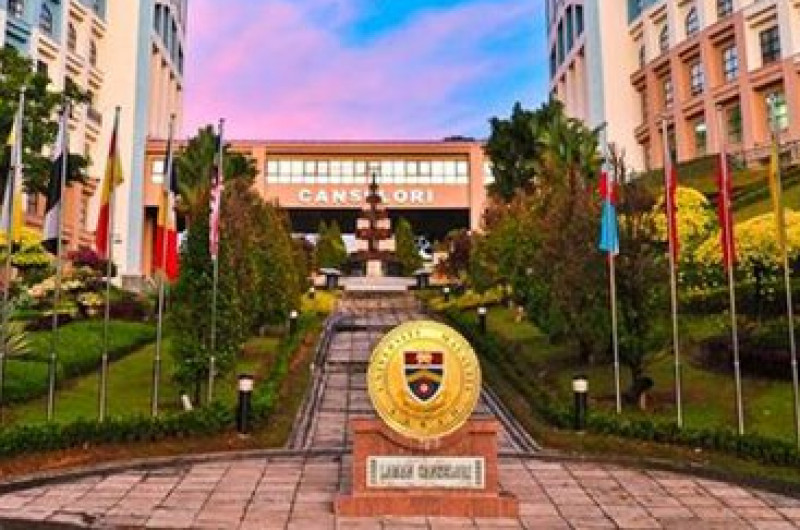What is History?
This department provides various kinds of knowledge that are viewed from a historical perspective. From ancient ancient history such as Egypt, Greece, India, to modern times over the twentieth century. In fact, history also studies a very broad context, from politics, culture, government, economy, military, religion, social, and thought. Of course, by learning history, you do not memorize the date, place, and what an event happened. Learning history means having to understand how things change from time to time, learn patterns, and the values contained in them. Every student will understand that history has a big role in shaping the current conditions.
Why did you choose this programme?
Of course, to choose this course, you have to at least have an interest in history. Pragmatic thinking people will tend to choose popular courses such as Management, Law, Architecture, or Communication. However, if you are a lover of science, you will be happy with history. And if you really have an interest in history and have a strong analytical power, then history is the right direction. With a hobby of reading and analyzing things, you will easily evaluate primary or secondary information sources, and the effects caused by these historical events.
Subjects in History
- 1History
Suitable Student's Characteristic
- Conscientious
- Determined
- Details
- Observe
- Structured
- Independent
- Broadminded
- Analyze
- Easy working alone
- Research
Job Prospect for History
Although not as popular as pragmatic study programs, History also has good and interesting professional opportunities. Even though you have graduated from history, you might be able to get a job that has nothing to do with history, such as bank employees, civil servants, or other professions. Learning history does not require you to work as a historian.















